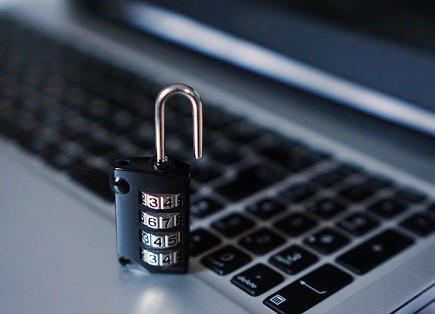
23andMe sell your data – should you be worried?
DNA testing has become a multi-billion dollar industry over the last decade. Thousands of testing kits are being sold online each week, offering insight into generations of people’s ancestry. There is obvious appeal in simply sending away a swab to discover a whole plethora of data about yourself. Latching onto this, an array of different companies now offer kits, making our DNA testing kit reviews an invaluable resource for anyone looking to find reliable results.
However, since the industry’s major players first hit the market, there has been understandable concern from consumers about how securely companies store DNA data. For many of the main DNA testing companies, including 23andme, privacy concerns are regularly cited as a reason to avoid their services. Similarly, there has been a great deal of panic over just how these businesses could stand to profit from their customers’ genetic data.
So do you need to be concerned that companies like 23andMe sell your information or keep your DNA, or is the press uproar something of an exaggeration?
What does 23andMe do with your information?
A four-year data-sharing partnership between 23andMe and major pharmaceutical company GlaxoSmithKline has been at the epicentre of a recent DNA testing controversy. The agreement, first made in July 2018, is not the first of this type made with a pharma corporation, but is by far the most high profile.
In an announcement, 23andMe’s founder stated that the partnership aims to give customers “what [they] have been asking for – cures or treatments for diseases”. GSK, on the other hand, insists that their collaboration allows them to fulfil a promise for their work to be “driven by genetics”, by making use of data to refine their research.
Wired has reported that, although four in every five 23andMe customers – some four million people – have consented to letting their data be used by a third party for research purposes, many of them were completely unaware of the deal with GSK. However, research from Deloitte has shown that only 9% of consumers actually read terms and conditions, suggesting that consent may have been given without full knowledge of the permissions being given.
Does 23andMe own your DNA?
Anyone worried about the ownership of their DNA can take some comfort from the fact that all data gathered by these companies is anonymised. This means that, while they have your genetic information on file, there is no way to trace it back to you once you have had your own results returned. 23andMe have previously been unwilling to share their customers’ genetic data with third parties, even going so far as to deny police requests for user information.
In August 2018, along with four other DNA testing companies, 23andMe voluntarily agreed to a set of privacy guidelines which further outlined a shared commitment to privacy in the name of best practice. Furthermore, any company which breaks this self-imposed pledge will also face repercussions from the Federal Trade Commission, and marks a milestone for genetic data security.
Making DNA testing accessible to anyone is something of a new frontier in bringing science to the masses, and these new horizons apply as much to what is done with that data after it is used. While any potential customers of companies like 23andMe should be aware of the risks involved in sending your samples for testing, you can also rest assured that measures are constantly being taken to guarantee the security and privacy that goes with it.
